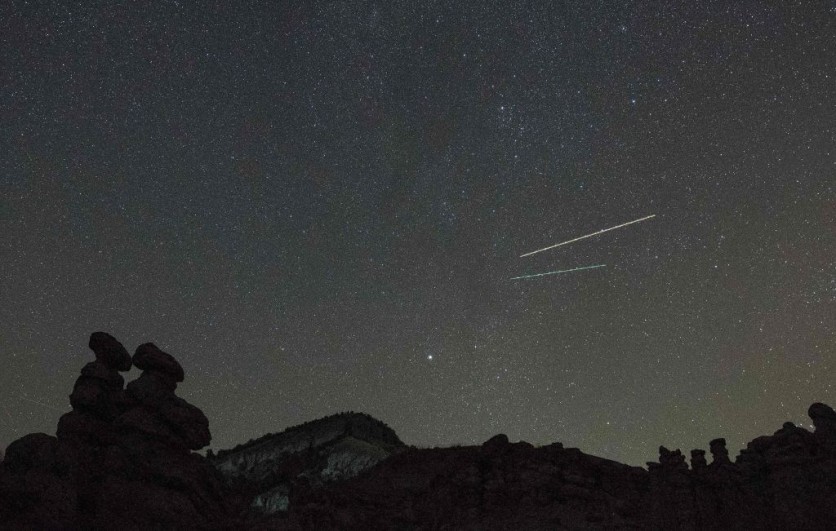On the evening of May 30 and possibly into the morning of May 31, witness the birth of a brand new meteor shower called the tau Herculids.

What's even better is that it may erupt into a dramatic outburst or historic meteor storm that will be talked about for years to come.
Still, take this with a grain of salt because there is also a chance that there will be little action, just like what happened with the May 15 forecast meteor event that didn't materialize.
According to astronomer Ye Quanzhi, "There's huge uncertainties here. We know that something is going to happen, but we don't know the outcome... Is it going to be the big show or is it close to nothing?"
The Best Time to Go
If you want to do it, the best time to look for tau Herculids is on May 30 from 9:45 p.m. PT to 10:17 p.m.
According to Robert Lunsford of the American Meteor Society, "The southwestern USA and Mexico are favored locations as the radiant, the area of the sky where these meteors come from, will be located highest in a dark sky. The outburst may be seen from southeastern Canada and the remainder of the (eastern) USA but at a lower altitude."
Make sure to go to a location away from the light pollution and be there 15 minutes before the window period to give your time to adjust. Lay back on the ground or a lounge chair to see a broad view of the sky.
The Sure Thing
So, what are the sure details about this upcoming meteor shower? One is that the Earth will cross the orbit of the comet 73P Schwassmann-Wachmann (SW3) that's been falling apart since 1995. And over the past quarter-century, the comet continues to crack up into dozens of smaller chunks, debris, and dust.
Now, these loose remains won't go near Earth next week as we pass over its orbital path around the sun. However, there will be substantial clouds of the dross due to its disintegration that will collide with our planet.
Most of these bits and pieces will burn up as they reach the Earth's upper atmosphere, which will create faint shooting stars while the bigger pebbles will explode into slow-moving fireballs that will light up the night for a few seconds.
The Odds
No one can say for sure if it will materialize on May 30, but it's something worth waiting for. If the odds that we'll see something amazing are not that great, BUT if it does happen and we get a beautiful meteor shower, it will be something to remember for the rest of our lives.
Taking this from The Hunger Games, may the odds be in our favor.
This article is owned by TechTimes
Written by April Fowell
ⓒ 2025 TECHTIMES.com All rights reserved. Do not reproduce without permission.




